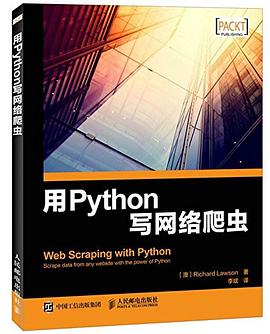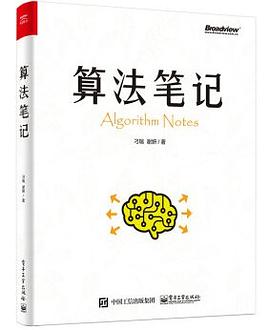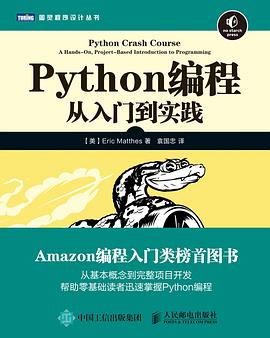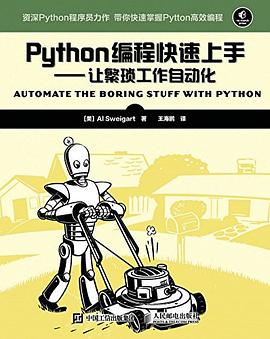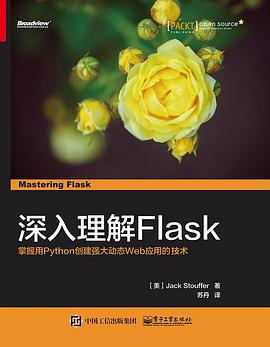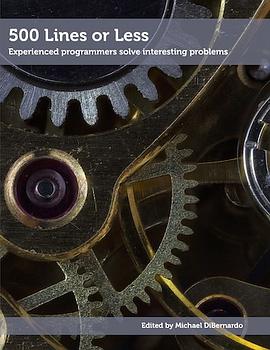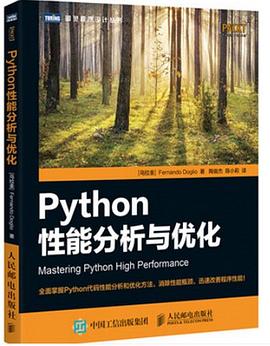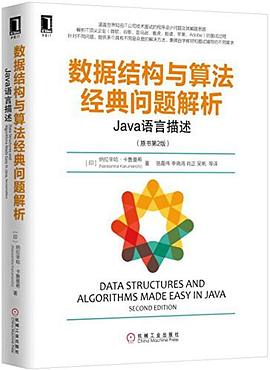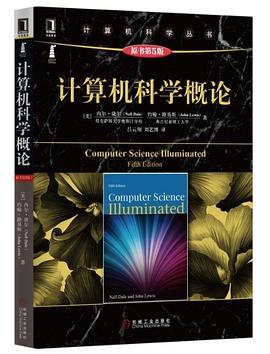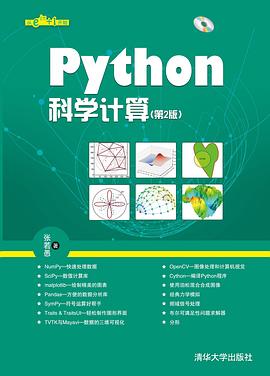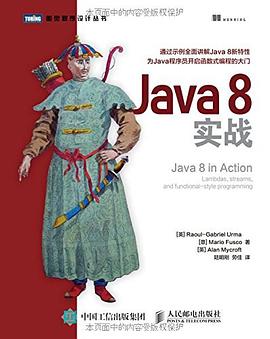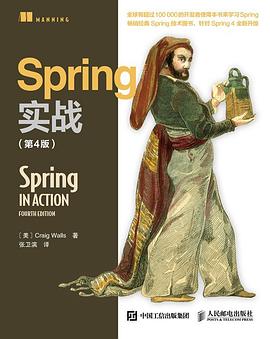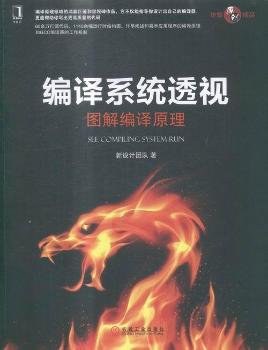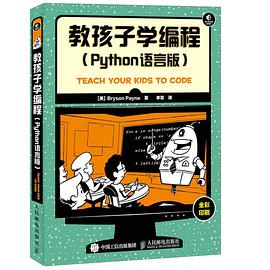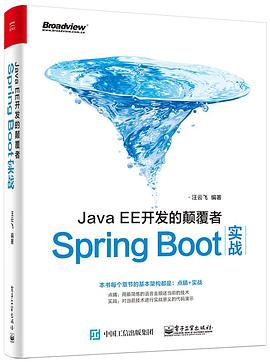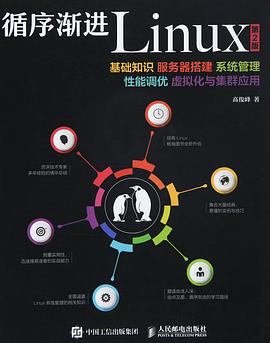

具體描述
Roberto Ierusalimschy is the leading architect of the Lua programming language, driving its development since its inception in 1993. He is an Associate Professor of Computer Science at PUC-Rio (the Pontifical Catholic University of Rio de Janeiro), where he works with programming-language design and implementation.
Roberto has a M.Sc. Degree and a D.Sc. Degree in Computer Science, both from PUC-Rio. He was a visiting researcher at the University of Waterloo, ICSI, GMD, and UIUC, and a Tinker Professor at Stanford. As a professor at PUC-Rio, Roberto was the advisor of several students that later became influential members of the Lua community. Roberto is also a Distinguished ACM Speaker and a member of the IFIP Working Group on Language Design.
Lua is spreading more and more throughout different areas of software, from embedded systems and mobile devices to the Web and the Internet of Things. Besides, it has a major role in the game industry, where knowledge of Lua has become an indisputable asset. Lua is the language of choice for anyone who needs a scripting language that is simple, efficient, extensible, portable, and free. Programming in Lua is the official book about the language, providing a solid base to any programmer who wants to use Lua. Authored by Roberto Ierusalimschy, the chief architect of the language, it covers all aspects of Lua 5---from the basics to its API with C. The book is the main source of programming patterns for Lua, with numerous code examples that help the reader to make the most of Lua's flexibility and powerful mechanisms. Programming in Lua is targeted at people with some programming background, but does not assume any prior knowledge about Lua or other scripting languages. This Fourth Edition updates the book to Lua 5.3 and marks a complete reorganization of the text. Building on his many years of experience teaching Lua, Roberto has restructured the book to present the material in a growing order of complexity, allowing the reader to better absorb the character of the language.
用戶評價
##這本書我看著有點頭大,隻講瞭語言的特性,但是沒有練習。對於沒有Lua編程經驗的人看。會有些不知所雲。其實這個語言的特性還是比較多的。雖然語法比較簡潔但是並不是很好使用。有些語法過於繁雜如細節較多接口不夠簡潔。特性較多既可以寫函數式的也可一些命令式的。還有OO機製...
評分 評分##最近看瞭風雲的開源遊戲引擎ej2d,裏麵主要變成語言就是Lua。後來又看到美國總部一個醫療項目也大量是用瞭Lua做為腳本和測試框架。正好也想認真學點東西,就開始看這本書瞭。 第一次認真看一本英文本,不過總體上還是挺流利的。這本書對Lua編程的講解還是很到位的,而且通俗易...
評分##寫的簡潔,講的都是要點
評分##讀到Metatables and Metamethods一章時,深深地被震撼瞭。以極簡單的東西實現瞭極高妙的技術,有齣神入化之妙。 總的來說,Lua語言的設計非常簡潔,容易上手,讀這本書的前幾章就可以寫一些夠用的腳本處理許多任務瞭。如果要做較大的項目,再慢慢去讀OO的內容。(本段是為瞭湊...
評分 評分##這本書我看著有點頭大,隻講瞭語言的特性,但是沒有練習。對於沒有Lua編程經驗的人看。會有些不知所雲。其實這個語言的特性還是比較多的。雖然語法比較簡潔但是並不是很好使用。有些語法過於繁雜如細節較多接口不夠簡潔。特性較多既可以寫函數式的也可一些命令式的。還有OO機製...
評分##最近看瞭風雲的開源遊戲引擎ej2d,裏麵主要變成語言就是Lua。後來又看到美國總部一個醫療項目也大量是用瞭Lua做為腳本和測試框架。正好也想認真學點東西,就開始看這本書瞭。 第一次認真看一本英文本,不過總體上還是挺流利的。這本書對Lua編程的講解還是很到位的,而且通俗易...
評分##Lua可能咋一看很簡潔、好上手、庫函數少(所有函數放一起隻有一頁),但是要深入其實還是要費一番功夫的。當中有不少和其他常見語言不太一樣的用法、復雜性也是由於為保持語言的簡潔而額外引入的,這一部分對於非專業編程人員其實非常不友好,就比如table類型變量都是引用(tab...
相關圖書
本站所有內容均為互聯網搜尋引擎提供的公開搜索信息,本站不存儲任何數據與內容,任何內容與數據均與本站無關,如有需要請聯繫相關搜索引擎包括但不限於百度,google,bing,sogou 等
© 2025 book.teaonline.club All Rights Reserved. 圖書大百科 版權所有

